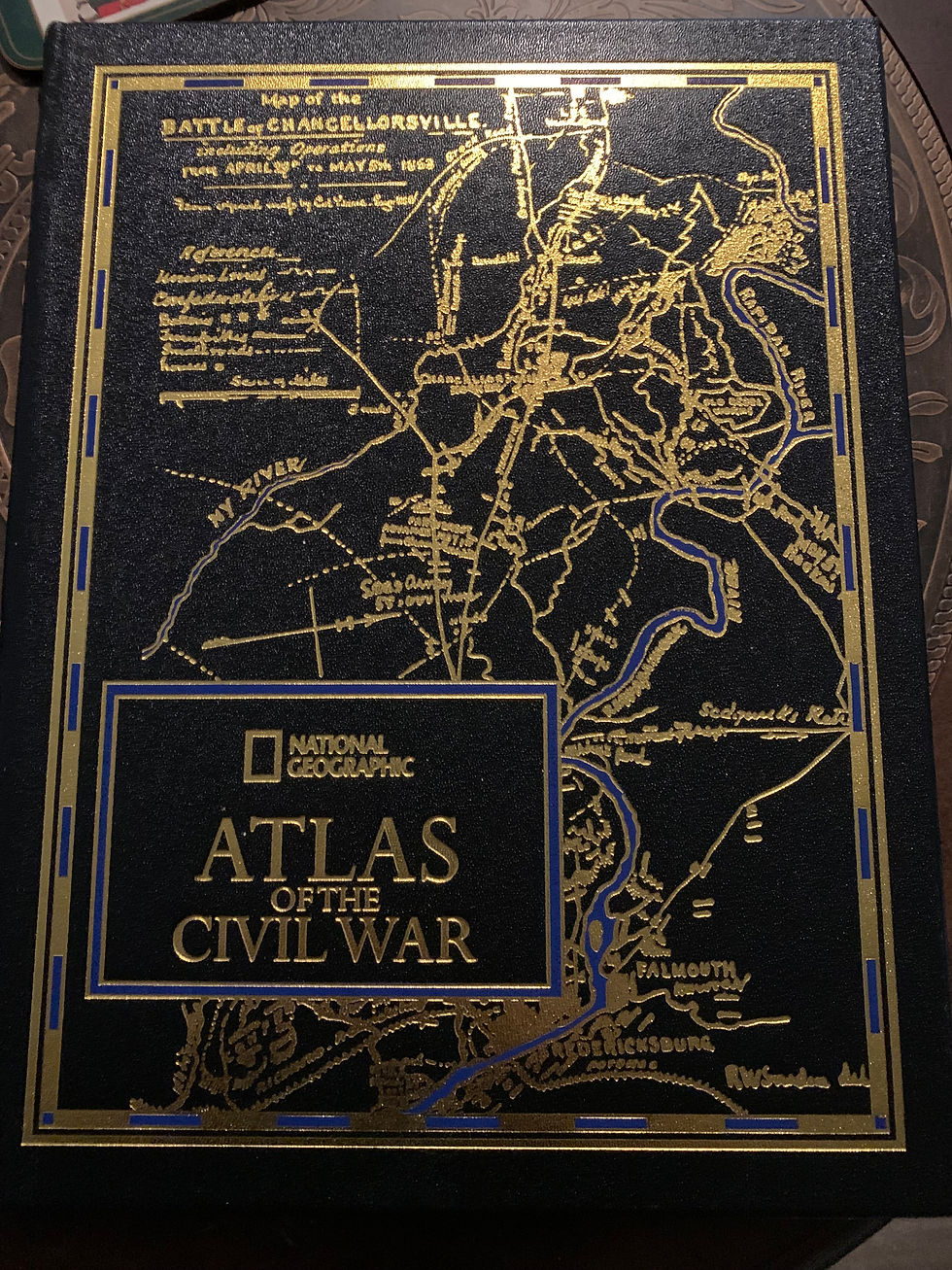The Divine Comedy
- Brian Johnson

- Feb 6, 2024
- 4 min read
Updated: Feb 8, 2024
It's been a few months, actually, since I finished Dante Alighieri's "The Divine Comedy" for my first time. It was an incredible book. I delayed posting about it because I feared I didn't understand it well enough...poetry usually goes over my head. This book was rife with symbolism, too, which is another thing I struggle to follow. "The Divine Comedy" tells the tale of Dante touring hell, purgatory, and heaven.
That said, though, I enjoyed the book quite a bit. Was blessed that my stepson was actually reading it at the same time as I was, so I had someone to discuss it with that was also enjoying it. We didn't coordinate the timing of the reading, either. We just happened to be reading it at the same time.
The copy I had was from Easton Press. It rhymed, which boggles my mind because the book was written in an ancestor of Italian, yet was translated, I assume favoring retention of meaning and substance over anything else and was still able to rhyme. My stepson was reading a version that did not rhyme, which I think would be an easier task for the translator and would be more conducive to preserving the meaning and substance so pivotal in a work like this. It's interesting to note that Dante's decision to write the book in Italian was a bold one. I understand most books at that time were written in Latin. It was the formal writing language. He wrote it in Italian, though, instead - I presume to make the book more accessible? I'm not sure, honestly, but it is an admirable choice for a number of reasons.

Virgil himself serves as Dante's tour guide in hell and in purgatory. Beatrice, a deceased love of Dante, serves as his tour guide in heaven. I was initially perplexed by the change in guides two-thirds of the way through the book, but I think Dante is calling to attention that, as Virgil lived before Jesus was born, and therefore could not have been Christian, he wouldn't be suited to touring heaven if Dante felt he would be allowed there at all. It's worth noting that Virgil wrote his poems in Latin...

I ran down a few rabbit trails while reading this book. I'll note a couple of them here just for fun. There is a passage in the book where Dante alludes to the Montagues and the Capulets. I wondered at the time whether Shakespeare may have lifted the names for the families in "Romeo and Juliet" from this book. It was written a good two-hundred and fifty years before "Romeo and Juliet", yet the allusion was still familiar enough for Shakespeare to use the names in his play. My stepson didn't think Shakespeare did that but, rather, the names were familiar enough and the rivalry they were associated with familiar enough, even after all that time, that it was a logical choice for him. My stepson's probably right. The other rabbit trail I ran down involved Dante's use of the names of the planets. I hadn't realized at the time that the names were already in use at his time...I guess it makes sense, though, as the names are Roman in origin. The planets themselves, at least several of them, were observed by the Babylonian's in the second millennium BC. Live and learn. I got rid of some of my ignorance in looking into that.
Although it sounds straightforward, the story in 'The Divine Comedy" is actually rather ambitious and was extremely well-executed. I found myself wondering what drove Dante to write this...am still not sure, obviously, but it seems to me that it is ultimately an examination of the human condition and the glorification of God and Jesus Christ. He encounters lots of inhabitants of the afterlife as he travels through hell, purgatory, and heaven. Everyone has their own story and circumstances, just like in life, and it informs where they find themselves in the afterlife. Hell had specific places for sinners depending on the nature of their sin. Purgatory, which I've struggled to understand as a place, is also filled with those trying to work through their lack of righteousness in life so they can enter heaven. I struggle to understand purgatory because I feel like Jesus's sacrifice and advocacy allows us to approach God in the afterlife. Nothing we could do in life....or, I would argue, in the afterlife...can help close that gap in my view. Not that we shouldn't try to approach righteousness, if only out of love for God and Jesus, but our sin makes us personally unworthy of God and heaven.

Heaven, too, had numerous occupants - people and angels, both, and Jesus himself. How does someone just sit down and write about that? It's impressive.
Dante is one of those historical figures of which we don't have a contemporary likeness of. To be fair, Jesus is one of those historical figures we don't have a likeness of as well. Nevertheless, the Easton Press book I received has a likeness of Dante in the front of it, which I'm not even showing in this blog because it is speculative. Dante's work and his words, however, have lived throughout the ages. It's another form of likeness, I suppose... I recall even as far back as high school some of my peers reading this book. It is nearly seven-hundred years old now, but no less relevant than it was at the time it was initially written. I recommend this book for anyone who is interested in the afterlife or in the human condition. It stands the test of time. Read it slowly, if you choose to read it.




Comments